
“Wuthering Heights” Review: Problems Aren’t Only About Race and Class
The issues with Emerald Fennell’s Wuthering Heights run deeper than its awful casting.

The issues with Emerald Fennell’s Wuthering Heights run deeper than its awful casting.
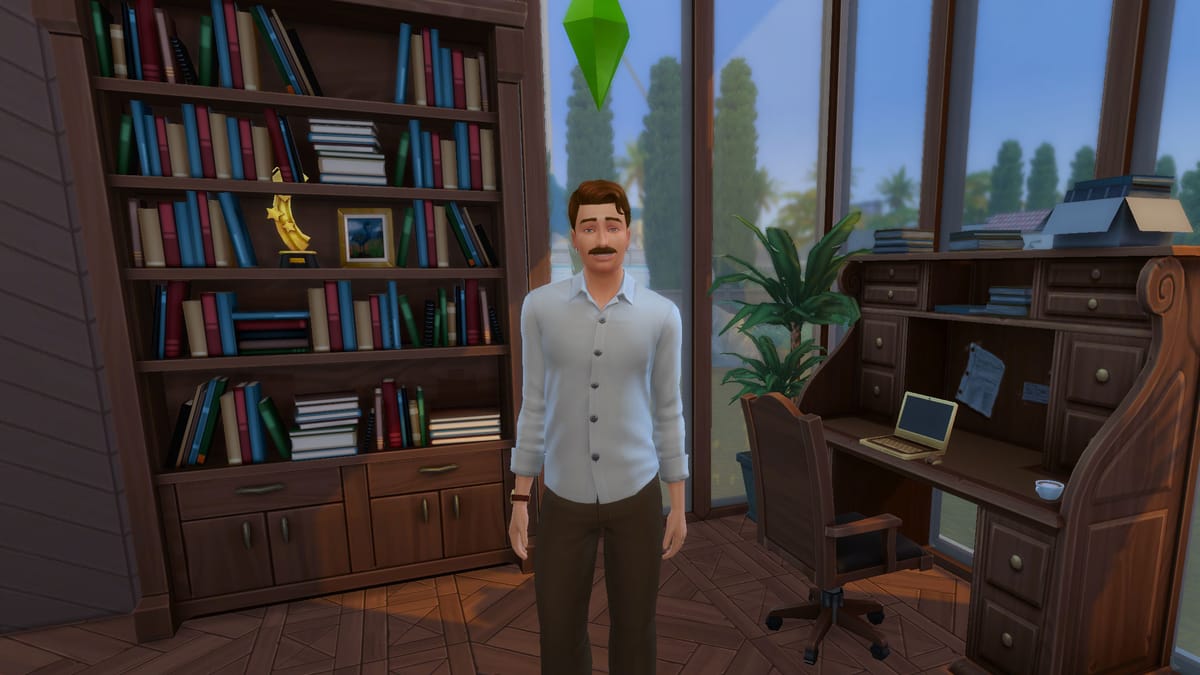
Louis Glazzard’s chaotic childhood, was bedevilled by poverty, and a dad who believed he was too punk for a steady job. He found a safe home in a scratched copy of a game bought in a charity shop.
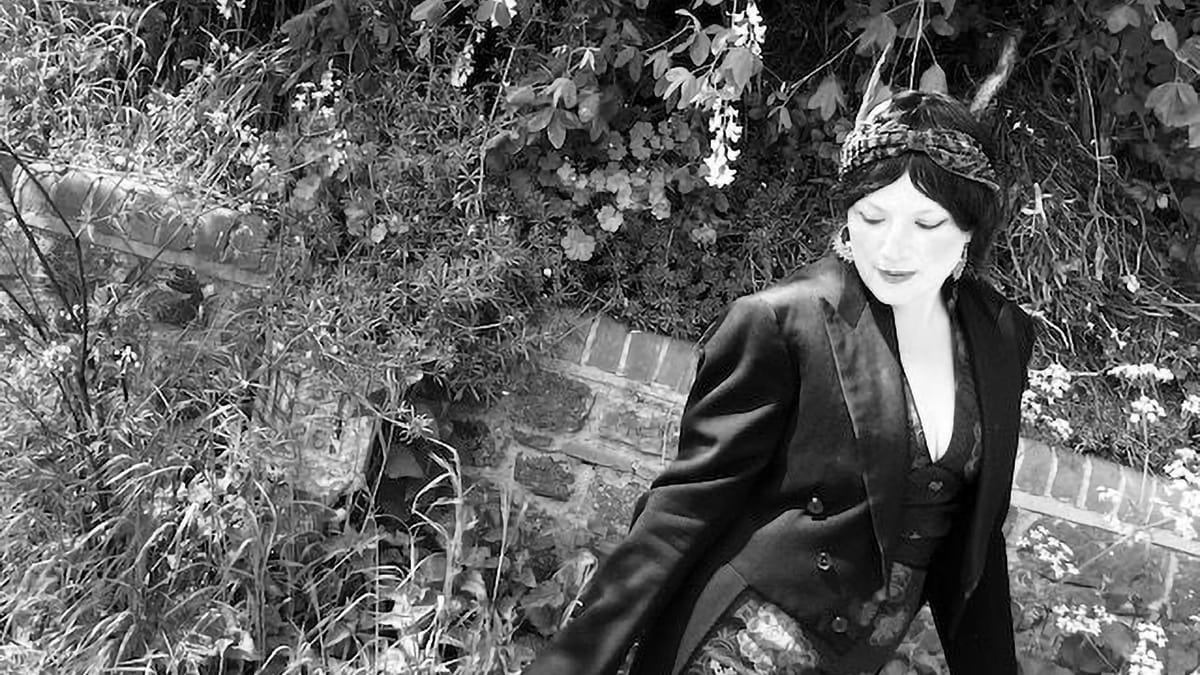
The Shalimar author’s new memoir explores her working-class childhood and Anglo-Burmese heritage. She talks to Richard Benson about the art of imaginative memoir”, growing up near Heathrow airport, how to be present and what makes modern work rubbish
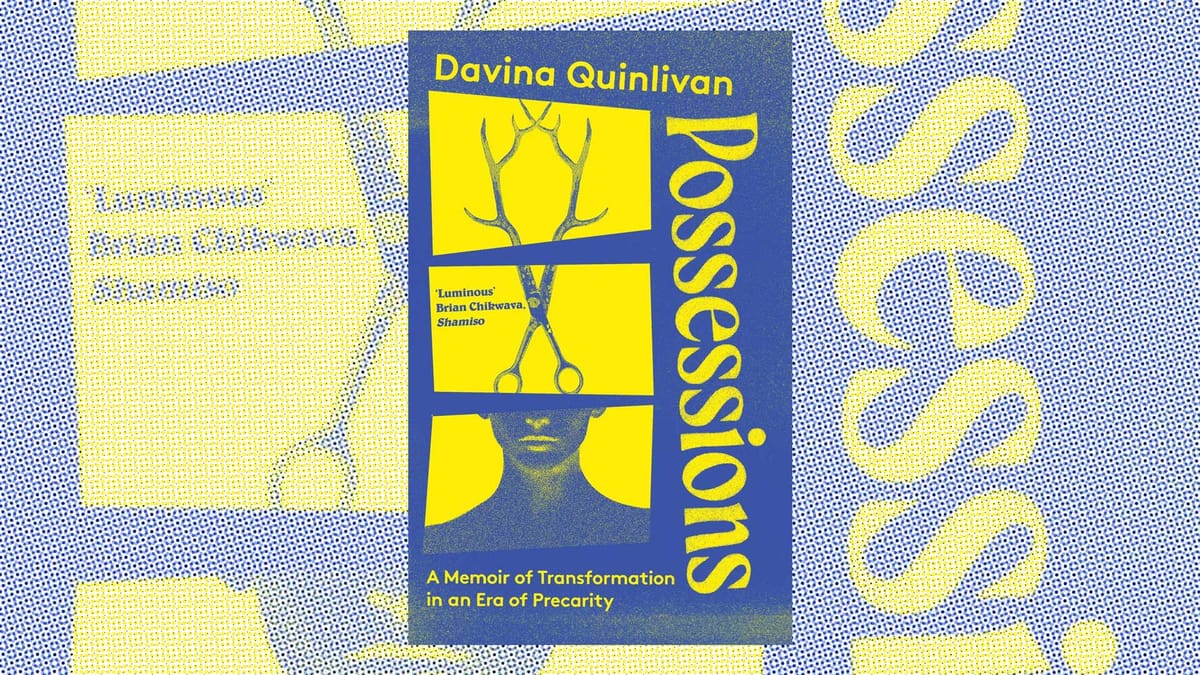
“We were all predicted fails or very low grades at GCSE and beyond. Some of my peers were already retaking the first year of their BTEC qualifications or A levels. I was going to do OK, but we all knew we were destined to work nearby at Heathrow Airport or the local warehouses like our parents.”
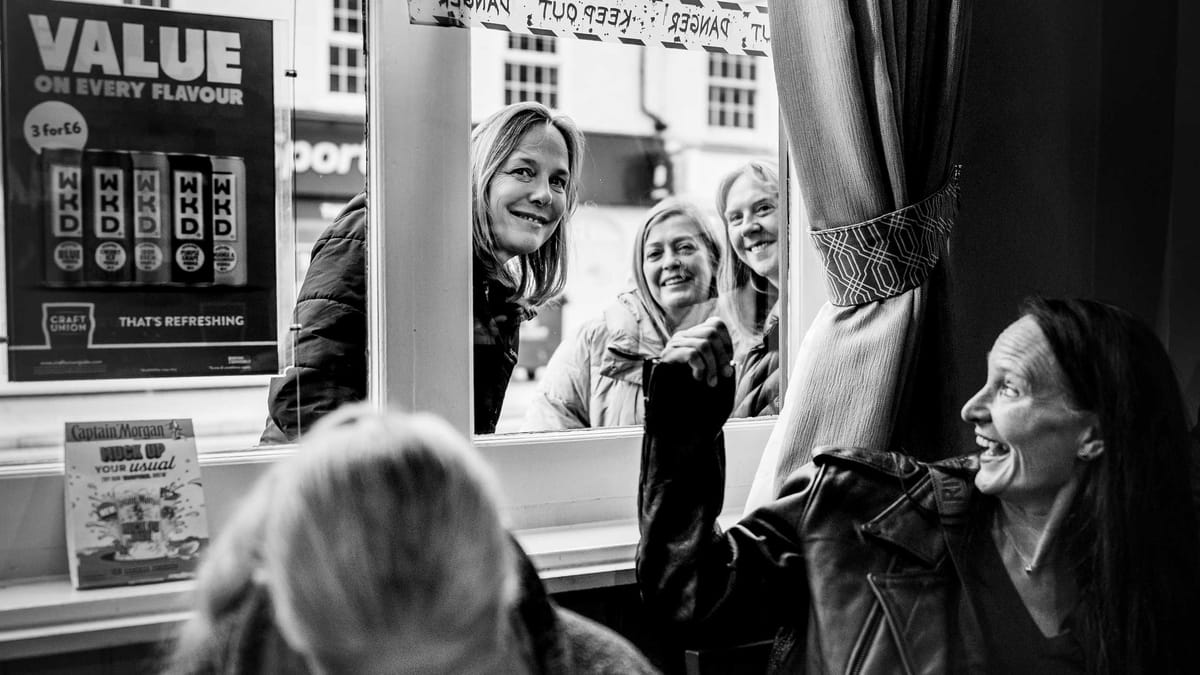
Do photographs of working-class people have to be sombre, serious and vaguely threatening? Not if Carmina Ripollès is taking the pictures, they don’t. Here’s her show of smiles from the past year to celebrate the season of joy.
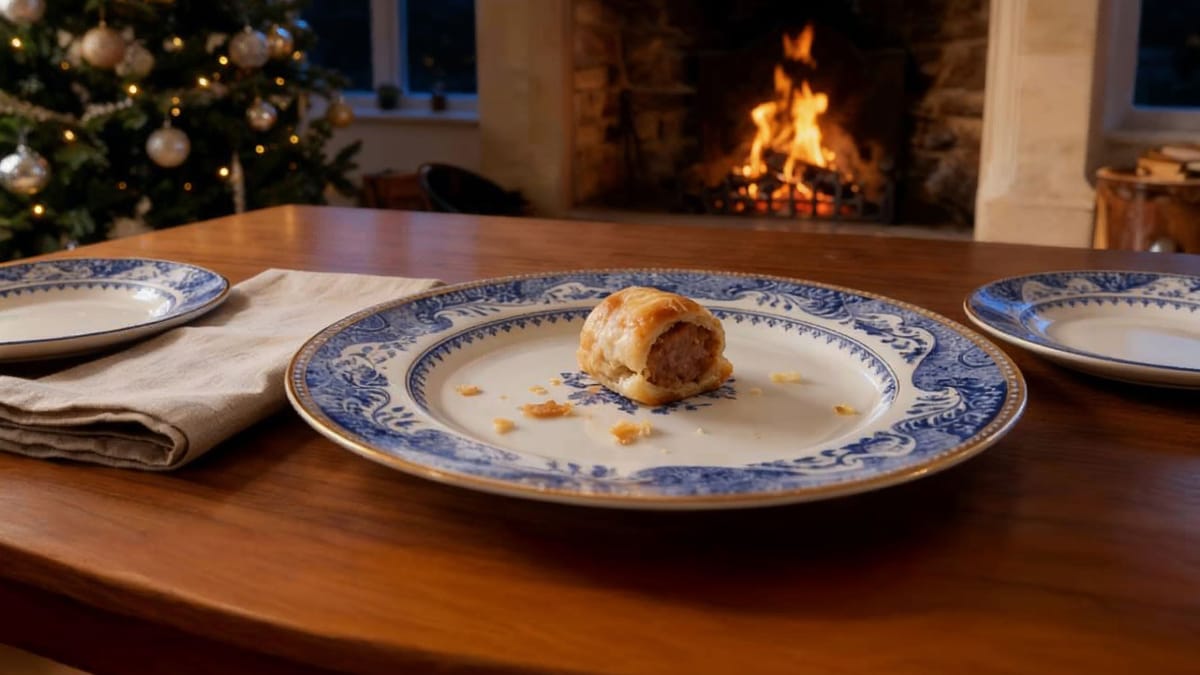
Her family scoff sausage rolls, love a bit of tinsel, and open their presents when they get up. His eat tiny amounts of Thorntons, colour-co-ordinate, and – yes, we are in Hell – wait until after dinner. A festive disaster story from Leesa Morris.
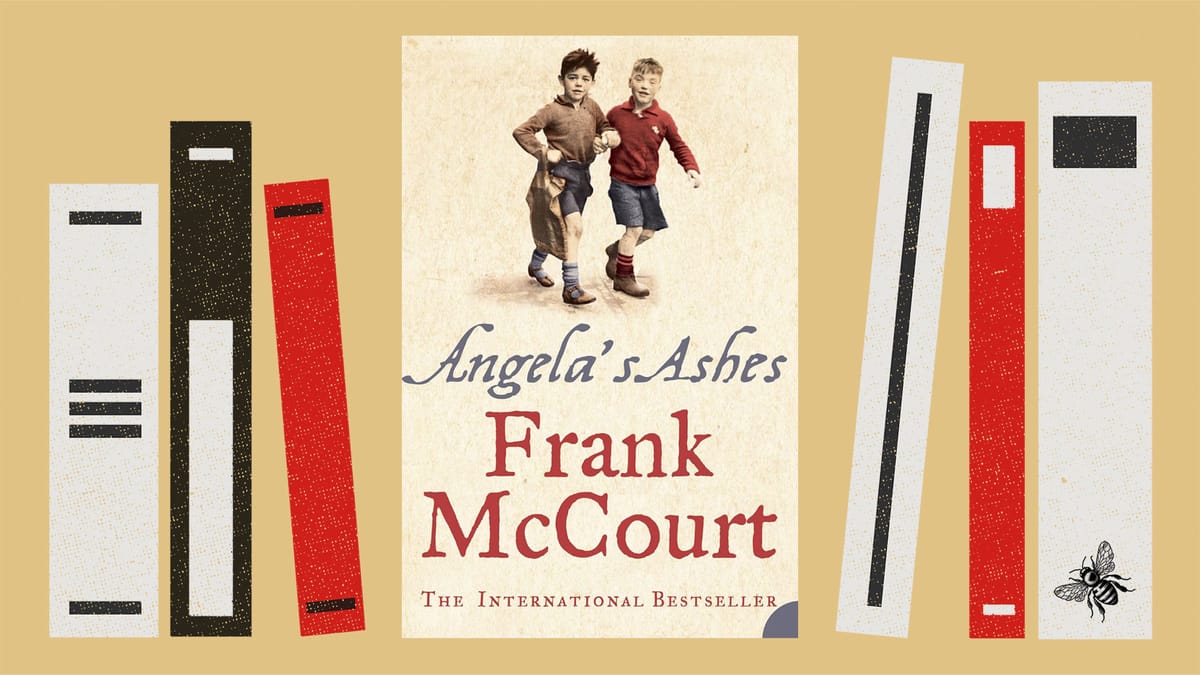
Kevin Barry joins Claire Malcolm, chief executive of New Writing North, and Richard Benson, editor of The Bee, to discuss Frank McCourt’s 1996 memoir Angela’s Ashes.
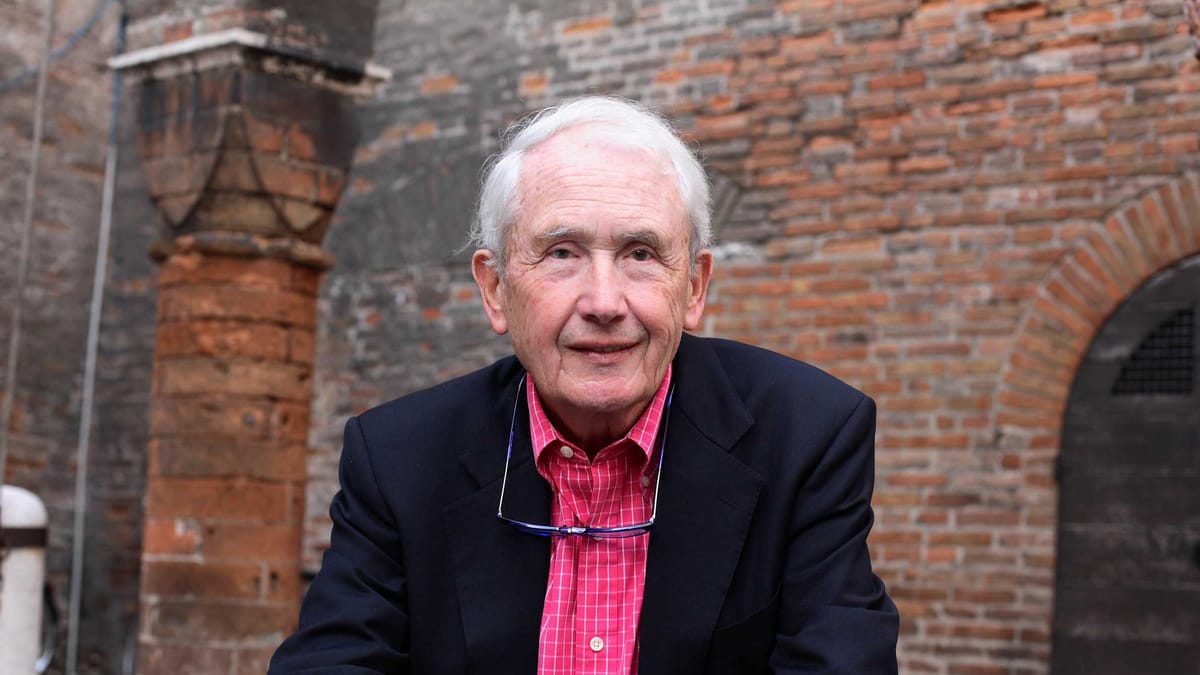
Siobhan McShane’s introduction to the plot, characters and historical background of Frank McCourt’s working-class memoir of growing up in poverty in Ireland in the 1930s and 1940s.
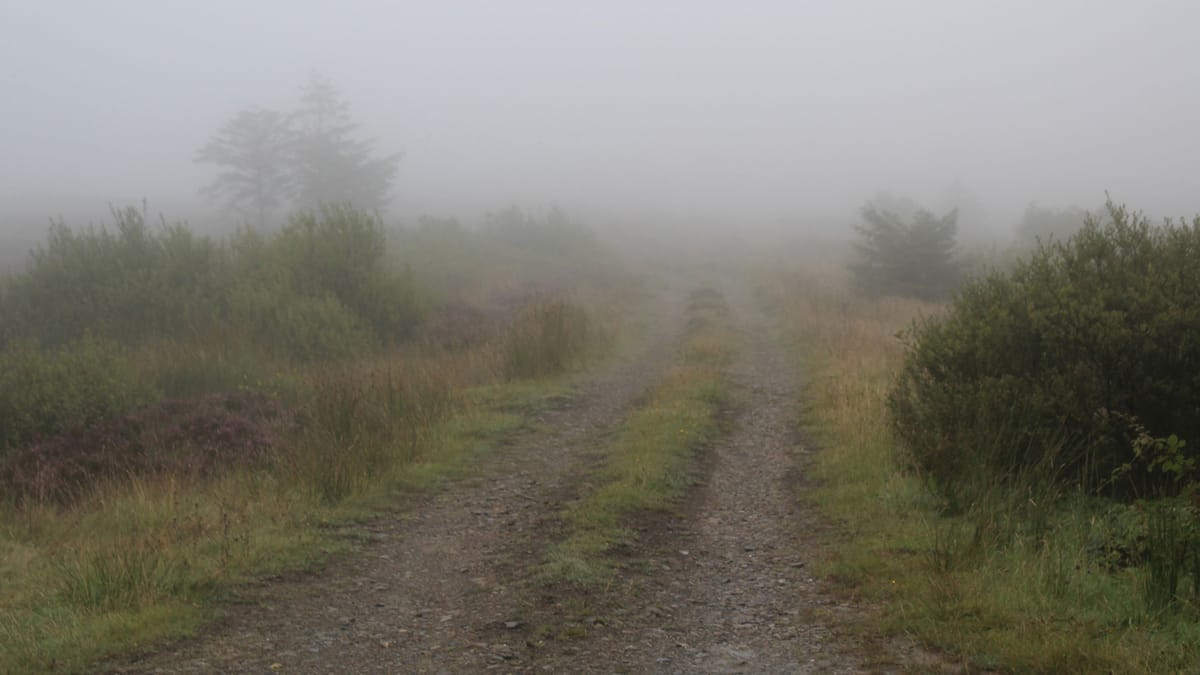
In the Northern Irish countryside, the land held identity tightly. Too tightly for some.
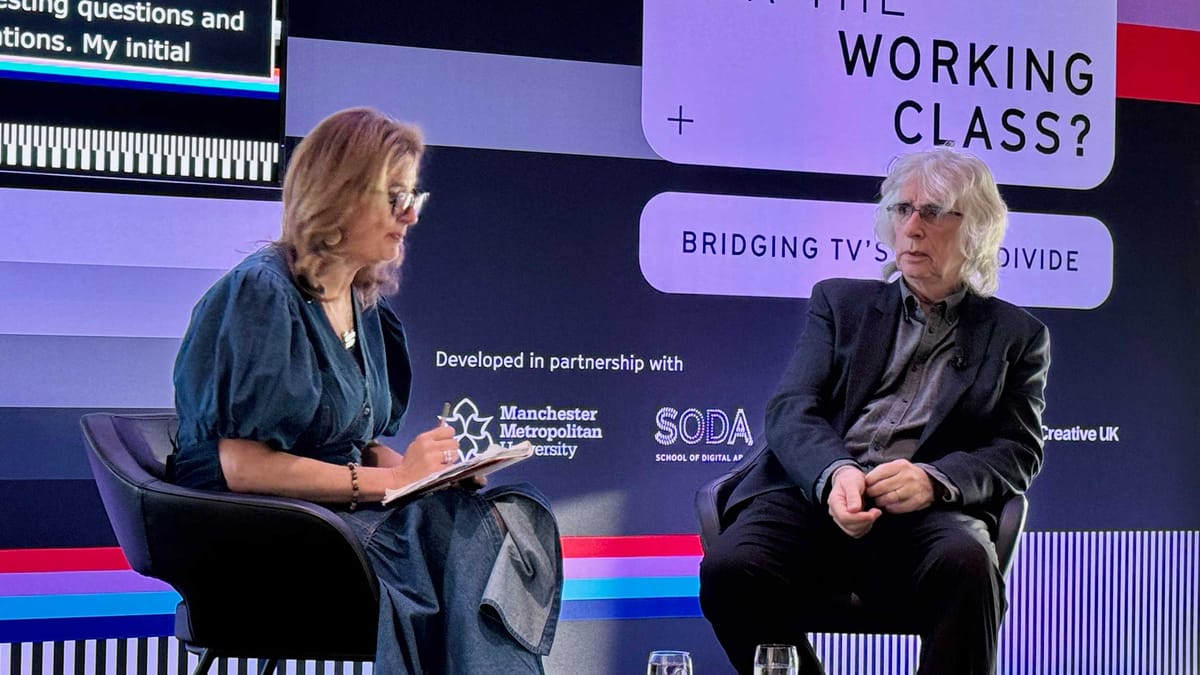
Working-class TV shows are being destroyed by finance, middle-class bias and “beigevision”, finds Claire Malcolm.
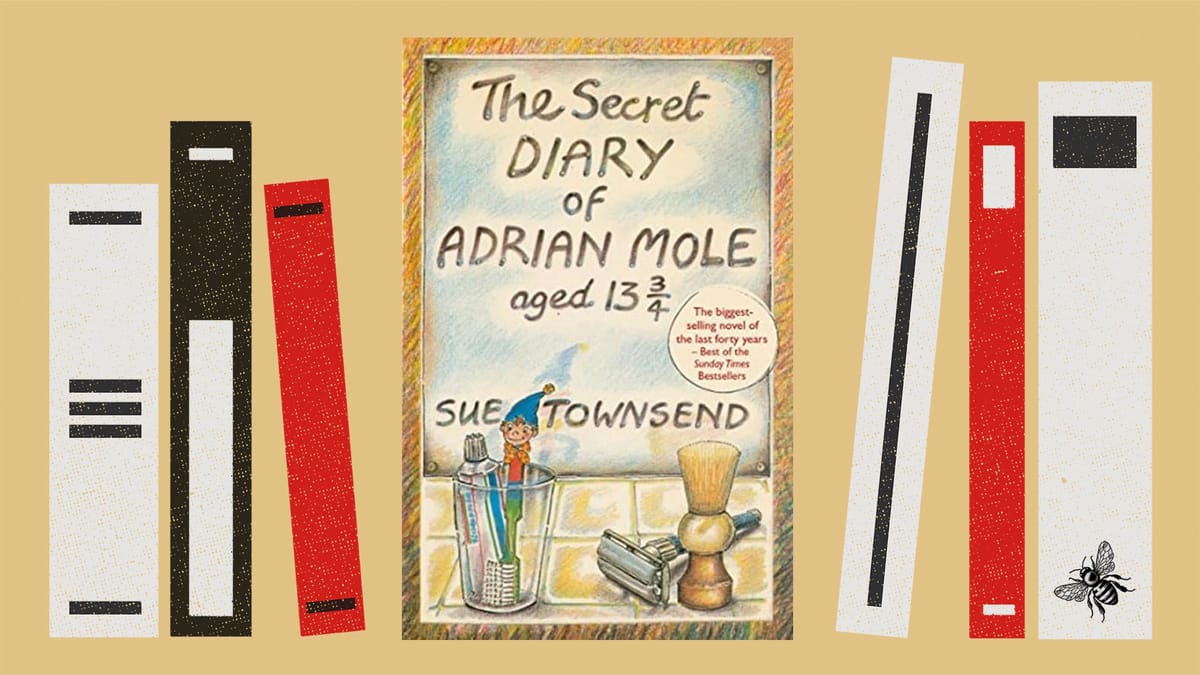
Richard and Claire are joined by novelist David Nicholls to consider Sue Townsend’s 1982 novel The Secret Diary of Adrian Mole Aged 13 ¾.
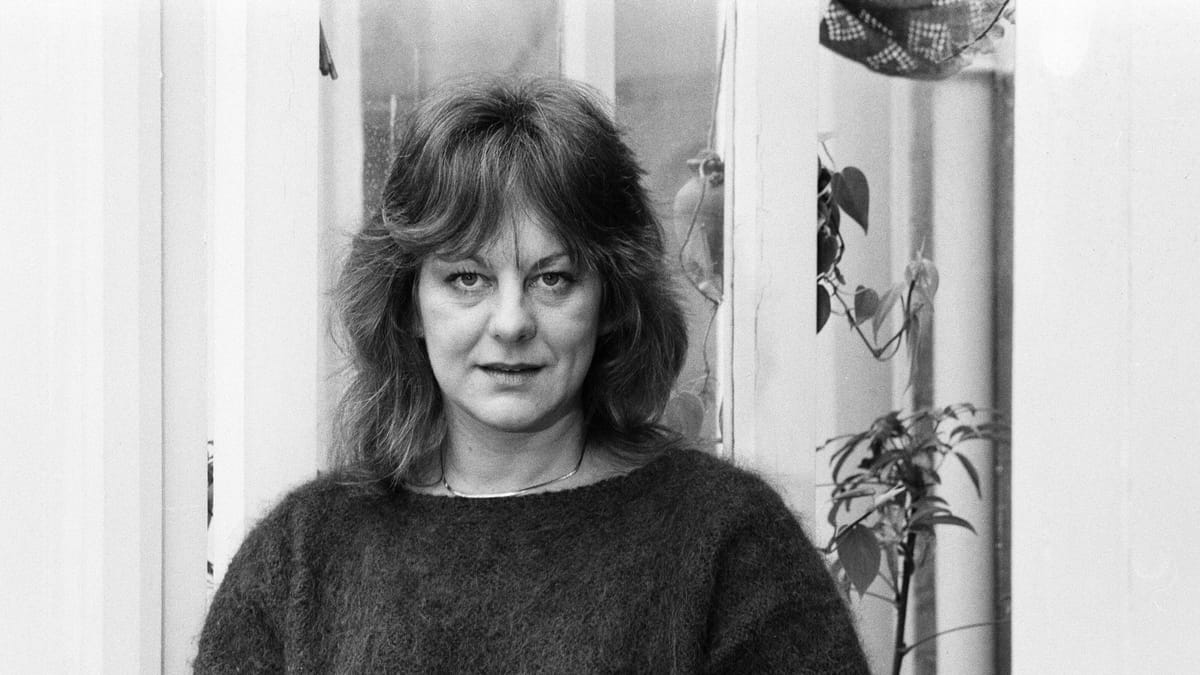
Georgia Poplett’s introduction to the plot, characters and historical background of Sue Townsend’s novel about a young working-class intellectual in 1980s Leicester.